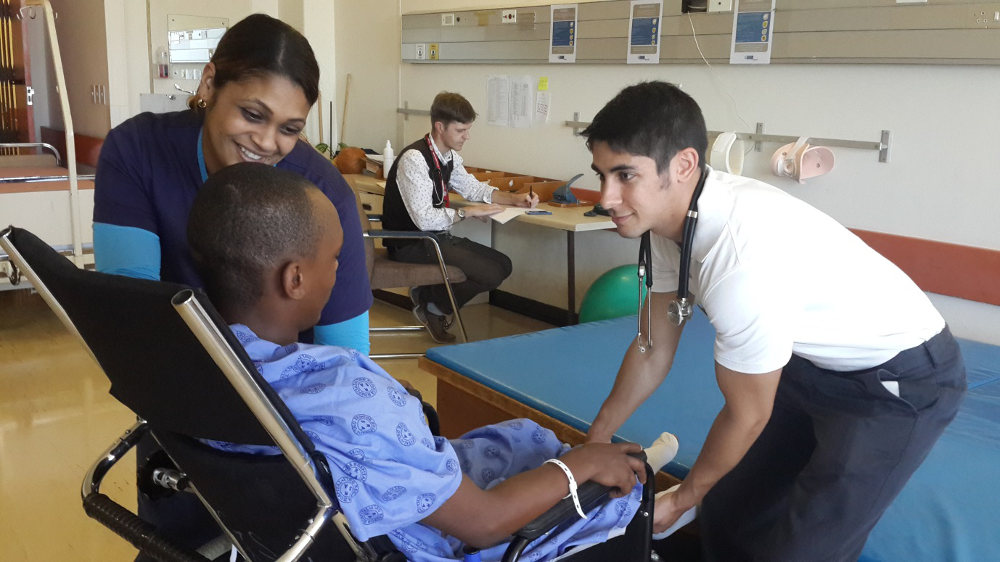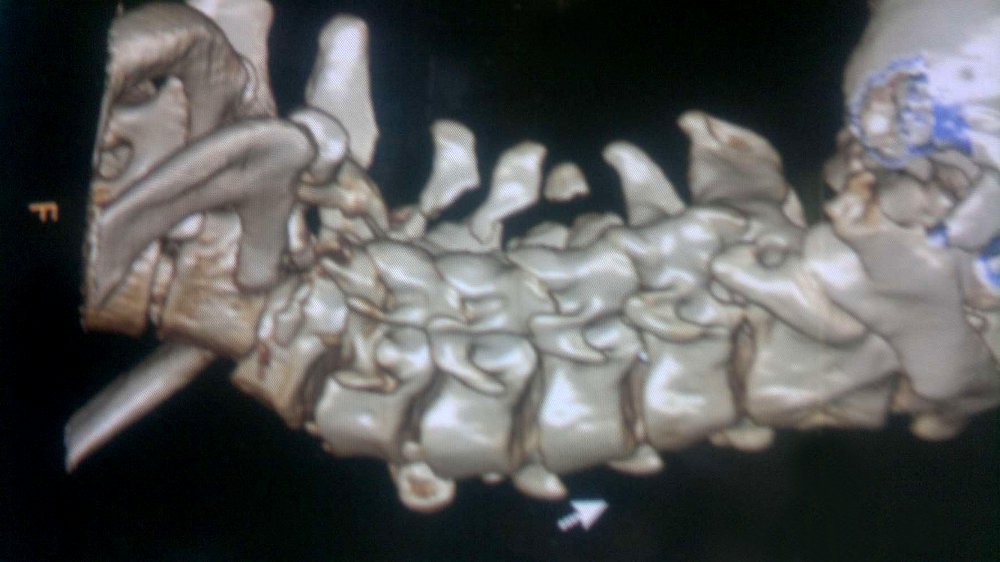The Southern African Spinal Cord Association
The Southern African Spinal Cord Association (SASCA) provides information to health care professionals and policy makers, promotes the treatment and rehabilitation of the spinal cord injured, and networks with governmental and non-governmental organizations, academic institutions and other service providers.
About SASCA
The aim of SASCA
The aim of SASCA is the study of all problems concerning traumatic and non-traumatic afflictions of the spinal cord and more particularly the advancement in medical and surgical intervention, rehabilitation and social reintegration of the spinal cord paralysed.
eLearning offered by ISCoS
For Doctors, Nurses, Occupational Therapists and Assistive Technologists, Physiotherapists, Psychologists, Social Workers, people interested in Spinal Cord Injury prevention and Peer Counsellors
eLearning offered by ISCoS
(International Spinal Cord Society)
This module is intended as an introduction to the basic principles of SCI management appropriate for all members of the multidisciplinary team.
It covers topics such as prehospital care, acute medical care, management of vertebral lesion, management of bladder/bowel and complications, psychological support and comprehensive rehabilitation.
Our Key Focus Areas
-
To provide information to health care professionals
To provide information to policy makers
To promote the treatment and rehabilitation of health and well-being
To network with governmental and non-governmental organisations,
academic institutions and other service providers
To encourage appropriate and relevant research promoting the
primary health care approach
We Support:
-
The protection of personal dignity
Equity of service and opportunity Application of minimum standards of care Accountability between users and providers of services Respect for and protection of the basic rights of clients and colleagues The adoption of a holistic, empathic, inter-disciplinary approach to care The encouragement, enhancement & improvement of professional skills





